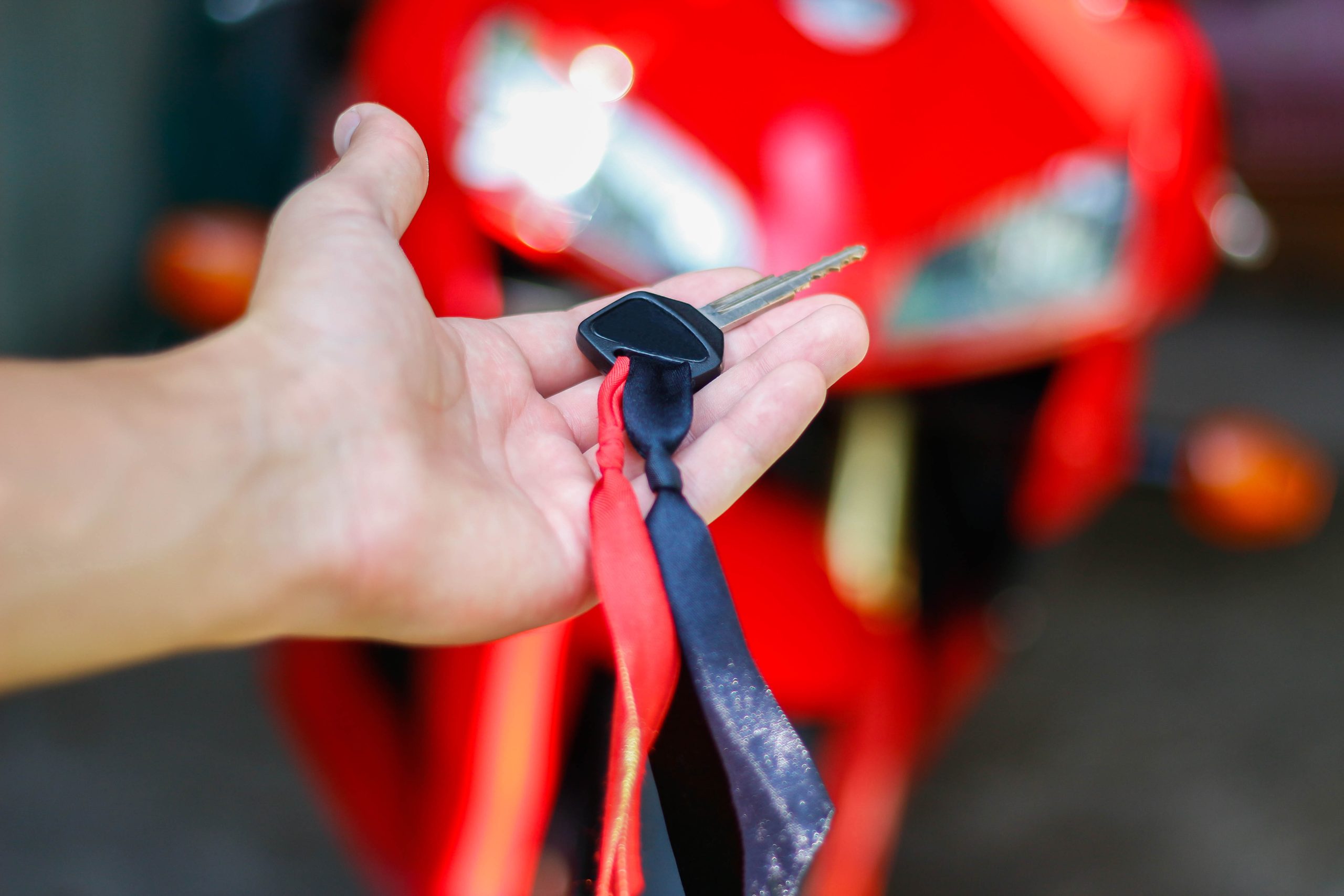Understanding State Regulations for Selling a Used Powersport Vehicle

Selling your motorcycle or powersport vehicle isn’t just about snapping great photos and writing up a compelling listing. If you overlook state-specific regulations, your smooth sale could quickly hit a bureaucratic speed bump—or worse, result in fines or legal trouble.
Whether you’re selling a street-legal motorcycle, ATV, UTV, or dirt bike, understanding state regulations is essential to protecting yourself and ensuring a seamless transaction. The rules vary widely depending on where you live, from title transfer procedures and emissions requirements to off-road vehicle registration and bill of sale formats.
Below, we break down the key legal requirements you need to know when selling your used powersport vehicle, with insights that apply to most states and tips for staying compliant.
Why State Regulations Matter When Selling Your Motorcycle or ATV
While many aspects of selling a powersport vehicle are universal—pricing, presentation, communication—state laws add an extra layer of complexity. Failing to meet your state’s requirements can result in:
- A buyer unable to register the vehicle
- Delays in receiving payment or finalizing the sale
- Liability issues if the vehicle is involved in an accident post-sale but still legally in your name
Your safest bet? Get informed before listing your vehicle. Understanding your responsibilities as a seller helps ensure everything from payment to paperwork goes smoothly.
1. Title Transfer Rules: What Must Happen Before the Buyer Rides Away
The title transfer is the most critical step in any powersport vehicle sale. It’s the official hand-off of ownership, and every state has different protocols for how and when this happens.
Things to Know:
- Signed Titles Are a Must: Most states require both the buyer and seller to sign the title in designated areas. Some require notarization.
- Odometer Disclosure: Federal law mandates odometer readings for vehicles under 10 years old, and many states require this information on the title.\
- Release of Liability: In states like California, you must notify the DMV that you’ve sold the vehicle to avoid legal responsibility after the sale.
- No Title? No Deal (Usually): If you’ve lost the title, you’ll likely need to apply for a replacement before selling. Some off-road vehicles may be exempt, but it varies by state.
Pro Tip:
Double-check your state’s DMV or Department of Natural Resources (DNR) website. It will outline exactly what documents are required and whether anything must be submitted post-sale.
2. Smog and Emissions Rules (Yes, They May Apply)
Think emissions only apply to cars? Think again. In some states, selling your motorcycle or other used powersport vehicle requires passing a smog test—especially if it’s street-legal.
Key State Examples:
- California: The seller is not required to provide a smog certificate when selling a motorcycle, but emissions regulations still apply during registration and inspections.
- Arizona: Emissions testing is required for motorcycles in some counties.
- Colorado: Most motorcycles are exempt, but dual-sport bikes registered for highway use may be tested.
Off-road-only vehicles (like some ATVs and dirt bikes) are often exempt but may still require emissions decals for use on public lands.
Bottom Line:
If your vehicle is street-legal and over a certain age, check local emissions laws to avoid headaches for the buyer—and potentially lost sales if your vehicle can’t be registered.
3. Off-Road Vehicle Registration and State Requirements
Selling a non-street-legal vehicle? Don’t assume you’re off the hook. Many states have strict rules around ORV (Off-Road Vehicle) registration and transfers.
Some states require:
- A bill of sale with a specific format
- A valid certificate of origin or manufacturer’s statement
- Proof of previous registration or ORV permit tags
Notable State Examples:
- Michigan: All ORVs must be titled and have an ORV license if operated on public land.
- Texas: Off-road vehicles require a title but don’t need registration unless driven on county roads where allowed.
- New York: ORVs must be registered with the DMV, and sellers must complete a bill of sale and transfer the registration.
Make sure you’re transferring not just the physical vehicle, but also any registration tags or decals that prove legality of use.
4. Tax and Fee Responsibilities
In many states, the buyer is responsible for paying sales tax when registering the vehicle. But in others, there are fees or filings required of the seller—especially if you’re a repeat or commercial seller.
Keep in Mind:
- Private Party Sales: Usually tax-free for sellers, but buyers may request documentation to calculate their own tax liability.
- Out-of-State Sales: If you’re selling to someone across state lines, the buyer may face different tax or registration requirements. You may need to supply additional documentation like a VIN inspection or emissions certificate.
- Dealer Exemptions: If you’re selling multiple vehicles per year, your state may consider you a dealer and impose different rules.
Best Practice:
Keep all records—bill of sale, title copy, payment receipts—in case any disputes arise over tax obligations or registration.
5. Required Paperwork and Forms
Aside from the title, many states require a bill of sale, which documents the terms of the transaction. Some even provide downloadable templates you must use.
Typical Paperwork:
- Bill of Sale: Includes names, date of sale, vehicle description (VIN, make/model), sale price, and signatures.
- Release of Liability: Protects the seller if the vehicle is involved in an incident post-sale.
- VIN Inspection Form: May be required in some states, especially for out-of-state buyers.
You should also include a receipt of payment, whether the transaction was done in cash, check, or wire transfer.
How to Simplify the Process
Selling a used vehicle across different states or even counties can be overwhelming—but there are ways to make it easier:
- Use Online Resources: Most state DMV websites have seller checklists and downloadable forms.
- Meet at the DMV or County Tax Office: This ensures paperwork is completed correctly and can give buyers peace of mind.
- Choose the Right Platform: A site like Powersport Buyers handles the sale, documentation, and pickup so you don’t have to deal with buyer confusion or legal guesswork.
Conclusion
Navigating state regulations when selling your motorcycle or powersport vehicle is just as important as setting the right price or taking high-quality photos. Knowing your legal responsibilities ensures the buyer can register the vehicle without delay—and you can complete the sale without future liability.
Every state is a little different, so it pays to take a few minutes to verify what’s required where you live. If in doubt, your local DMV or dealer licensing authority is a great place to start.
Or better yet—simplify the entire process by working with Powersport Buyers. We make selling your used vehicle easy, secure, and 100% compliant with the rules in your area.
Start now by visiting PowersportBuyers.com and request your free, no-obligation offer today.


